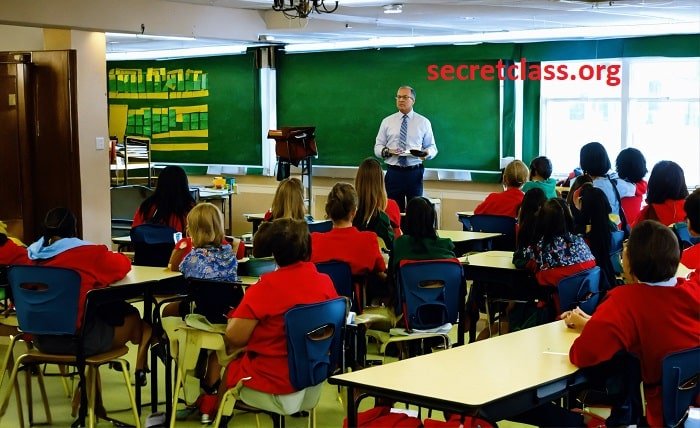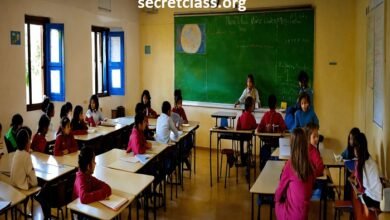Educational Assessment News: Rethinking How We Measure Student Learning

Educational assessment is transforming. Gone are the days of solely relying on high-stakes standardized tests. Today, educators are embracing a more holistic approach that takes into account a wider range of student skills and abilities.
This blog post dives into the latest educational assessment news, exploring trends, innovations, and debates surrounding how we measure student progress.
Shifting the Focus: From Scores to Skills
The emphasis is shifting from simply measuring content knowledge to assessing a broader range of skills, including critical thinking, problem-solving, collaboration, and communication. This shift requires educators to utilize a variety of assessment methods, such as projects, presentations, portfolios, and self-reflection activities.
Tech in Assessment: A Double-Edged Sword
Technology is playing an increasingly prominent role in educational assessment. Online platforms offer adaptive assessments, personalized feedback, and real-time data analysis. However, concerns remain about digital equity and the potential for bias in algorithms.
The Rise of Formative Assessment
Formative assessment, which provides ongoing feedback throughout the learning process, is gaining traction. This allows educators to identify and address student learning gaps quickly, leading to more effective instruction.
Global Spotlight: Bangladesh Ditches Traditional Exams
In a bold move, Bangladesh recently announced a new curriculum that eliminates traditional exams in favor of continuous assessment. This shift emphasizes student competencies and utilizes a more holistic approach to evaluation.
The Debate on Standardized Testing
Standardized testing continues to be a contentious topic. While proponents argue it offers valuable insights into student achievement, critics highlight its limitations and negative impact on teaching methods. The search for a more balanced approach to standardized testing remains ongoing.
The Power of Feedback
Effective feedback is a cornerstone of successful assessment. Educators are exploring ways to provide students with clear, actionable feedback that helps them improve their learning.
Assessment for All: Ensuring Inclusivity
Inclusive assessment practices are crucial for ensuring all students have an equal opportunity to demonstrate their learning. Educators are adopting strategies like providing multiple pathways for demonstrating mastery and offering accommodations for students with learning disabilities.
Conclusion
The landscape of educational assessment is evolving. By embracing new methods and technologies, educators can gain a deeper understanding of student learning and create a more effective learning environment for all.
FAQ
- What is the difference between formative and summative assessment?
Formative assessment provides ongoing feedback throughout the learning process, while summative assessment evaluates student learning at the end of a unit or course.
- What are the benefits of a well-rounded assessment system?
A holistic assessment system provides educators with a more complete picture of student progress, allowing for more targeted instruction and personalized learning experiences.
- How can parents be involved in the assessment process?
Open communication between teachers and parents is key. Educators can share assessment results and strategies to support student learning at home.





